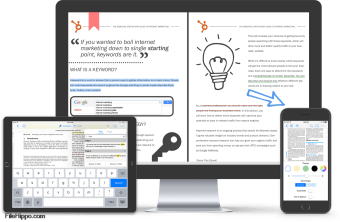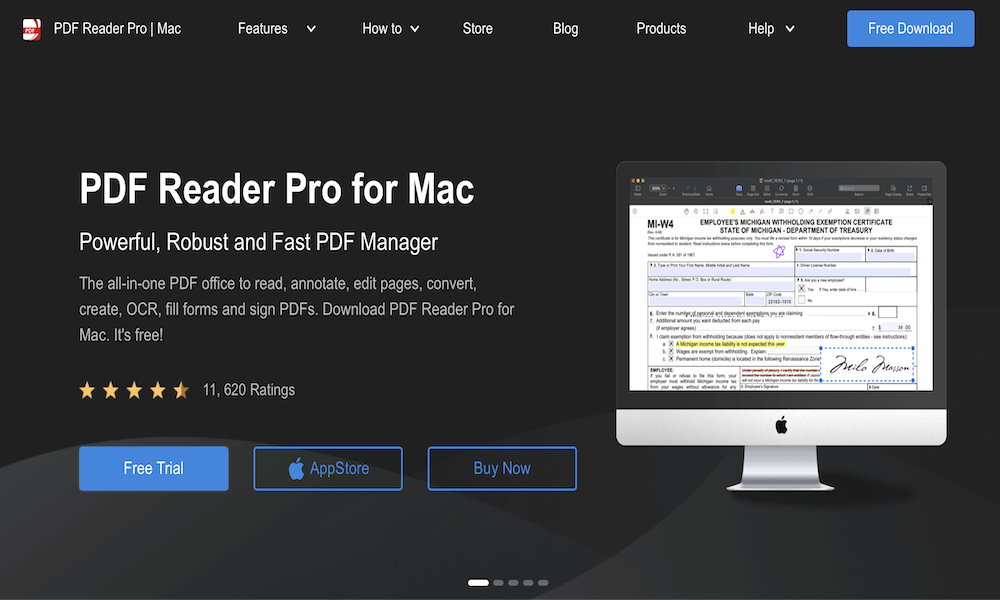

#Pdf reader pro deskew pdf#
If the PDF is really horrible, though, sometimes this is the least painful approach. Also, even if your PDF is already storing raster graphics, you may lose text data or the like from it in the conversion. Rasterization has obvious disadvantages if your PDF is vector-based-increased file size, fixed resolution, loss of flexibility, etc. If you do have access to both MuPDF and ImageMagick, I think doing the rasterization with MuPDF and then doing further work on the resulting images with ImageMagick tends to give the nicest results with the least work, but of course that may or may not be practical for you. Also, ImageMagick doesn't seem to be quite as smart as MuPDF about margins and things like that as far as PDFs go, so you may need to do more work with it than this to get reasonable output for your use case. It will default to 72 DPI if you don't pass that argument, which is likely to not look very good. This might look similar to the mutool draw command, but the difference is that ImageMagick will rasterize the input PDF and then use the resulting images to make the output PDF, so you can use all the regular ImageMagick transformations with this command.Īnyway, -density is for DPI. Magick convert -density 150 -rotate 20 rotate_me.pdf rotated.pdf The deskew algorithm will automatically rotate the scanned images inside the PDF to make sure they are perfectly aligned and no longer skewed. ImageMagick can also rasterize PDFs on its own, although it's a bit more complicated. Automagically straighten the skewed PDF Click the Deskew button and then Download your straightened PDF.

#Pdf reader pro deskew software#
PDF as a format is very complex and offers many different places to squirrel away maliciousness, and practically speaking you can never be 100% confident that the software you're using to work with it is perfectly hardened.) If you're not working with files you made yourself, especially PDFs, be careful, whether you have a pre-v9.24 Ghostscript installed or not. If you're working with files you made yourself, you should be safe here, but you may want to re-enable this policy afterwards depending on your needs and environment. Be aware of this Ghostscript pre-v9.24 vulnerability which that security policy may be intended to mitigate. (If you get an error saying the security policy for PDFs doesn't permit this, you may need to edit /etc/ImageMagick-7/policy.xml and comment out or remove the line. $pdf_in->pages) \.png') rotated_finished.pdf

My $infile = shift $outfile = shift $pdf_in = PDF::API2->open($infile) įoreach my $pagenum (1. Or die "usage: $0 IN_PDF OUT_PDF -rotate=DEG -scale=ALPHA -x=POINTS -y=POINTS" It converts each page of the input PDF to a PDF XObject Form, rotates the form, then outputs the rotated page. Here is a short utility script for rotating pages (written in Perl).


 0 kommentar(er)
0 kommentar(er)
